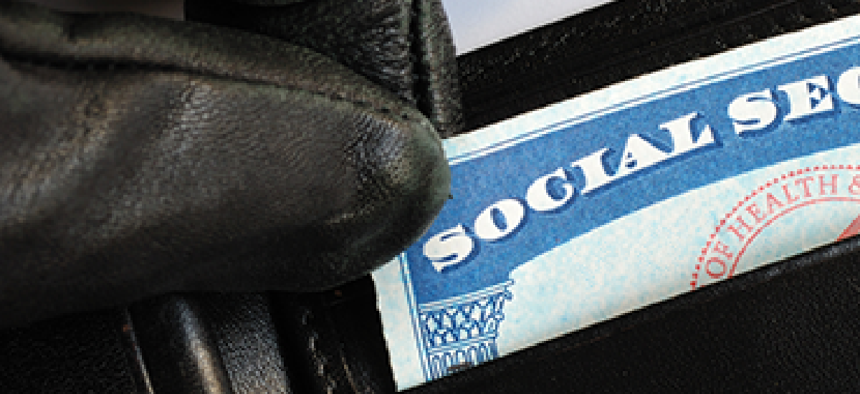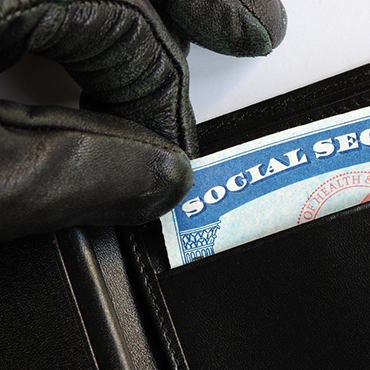CMS struggles to remove sensitive information from cards

Fifty million Medicare cards reveal their holders' Social Security numbers, exposing them to identity theft.

An estimated 50 million Medicare insurance cards used by beneficiaries include printed Social Security numbers. The practice increases user vulnerability to identity theft and has been largely phased out by private insurers and federal agencies for security and privacy reasons. But the Centers for Medicare and Medicaid Services has been slow to develop an IT solution to mitigate this risk by removing SSNs as a unique identifier, according to a report from the Government Accountability Office.
The departments of Defense and Veterans Affairs phased out printed SSNs on almost 18 million cards between 2004 and 2011, switching to a system of storing the information on bar codes or magnetic strips. Both agencies continue to use SSNs as identifiers, but are looking to phase them out -- bar codes and magnetic strips are increasingly insecure because potential identity thieves have easy access to embedded information via smartphone applications.
Planning by CMS to convert health insurance claim numbers to a system excluding SSNs dates back to 2006. But, according to the GAO report, "the agency has not actively established and pursued a goal to identify an IT solution for doing so." The report suggests that CMS could solve the problem as part of an overall enterprise-wide IT modernization by its parent agency, the Department of Health and Human Services. The overhaul, announced in 2010 and modified in 2013, includes plans to share information, consolidate some systems and reduce duplicative IT spending.
In reply comments, HHS agreed with the goal of removing SSNs from printed cards but said it can't move on the issue without cooperation from the Social Security Administration and the Railroad Retirement Board, which have data-sharing arrangements with Medicare. Jim Esquea, assistant secretary for legislation at HHS, wrote that funding is also an issue because upwards of 80 percent of the cost of an update would be non-IT expenditures. Esquea wrote that HHS agrees with GAOs recommendation, "assuming [cost] constraints can be addressed."
The GAO is pushing back, saying that HHS can begin an IT project to identify how the agency's systems would have to change to accommodate the removal of SSNs and fold the project into its planned IT overhaul under its current funding.



